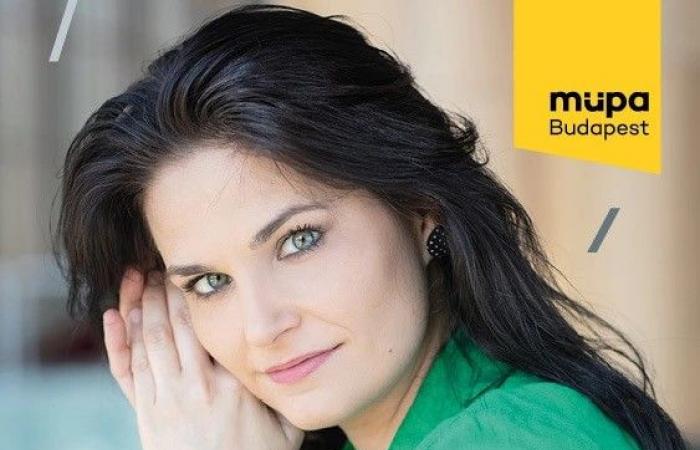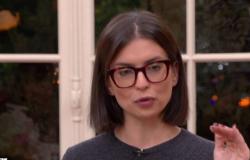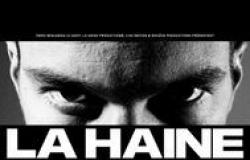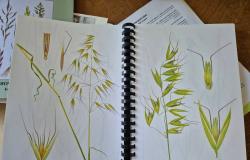
The Seasons by Haydn
It is a well-established tradition: every year, the Viennese celebrate the New Year to the rhythm of waltzes, marches and polkas in a concert given by members of the Philharmonic. This year, for its 67th edition, it was Riccardo Muti who had the honor of hosting the concert (for the 7th time) during a morning broadcast on all channels from the wonderful, richly decorated hall of the Muzikverein. A concert that we will not soon forget.
Not to be outdone, our friends in Budapest also celebrated the start of the year with a concert given in the evening at the Palace of Arts. A well-established tradition offering a program alternating from one year to the next Creation et The Seasons by Haydn. This year, they are Seasons which were offered to us in a concert given by the musicians of the Concentus Musicus of Vienna and the Hungarian Radio Choirs under the direction of Ádám Fischer. With soloists soprano Emőke Baráth, bass Miklós Sebestyén and German tenor Uwe Stickert (1).
Created in Vienna in April 1801, The Seasonsthe second of Haydn's two great oratorios, followed his trip to London where he had been impressed by Handel's oratorios. The composition lasted two years in difficult conditions (Haydn was ill). But for what result! The work, which therefore represents the four seasons, consists of forty numbers with a text by Gottfried van Swieten. A sort of homage to Nature and its environment (in a way a treatise on ethology avant la lettre…), its programming was a good start to the year. Composed at a time (end of the 18th century) when, after the baroque coldness, Nature was regaining its rights, a time at the crossroads between a wise classicism and a romanticism hostile to order, between rationalism and skin-deep sensitivity. An era notably marked in Germany by the movement Storm and stress, the work involves three characters: Simon (bass), a farmer, Hanne (soprane), his daughter and Lucas (tenor), young peasant.
The performers: founded in 1957 by Nikolaus Harnoncourt and his wife, the Concentus Musicus, playing on ancient instruments, was initially dedicated to the baroque repertoire, a repertoire which has now been significantly expanded. Together placed this evening under the baton of a particularly fit conductor, constantly turning towards each other, at times pointing at them with his fist, in short, with a dynamism that I had not experienced in him until now. Music that masterfully depicts the thousand facets of Nature, like this dark and icy mist of dawn which gradually disperses to let the first rays of the sun filter through; rays which sneak in at first timidly, then frankly to culminate in the stifling furnace of midday (beginning of Summer). A particularly rich, colorful score which requires clear and frank sounds from the instrumentalists. In short, ideal for highlighting the qualities of an orchestra, particularly in the woodwind and wind ranks. Which was the case this evening.
But it is above all to the three soloists that I would like to pay tribute here. All three well in their place, with perhaps a special mention for soprano Emőke Baráth who constantly accompanied her playing with expressive gestures, totally involving herself body and soul. Emőke Baráth to whom we promised a bright future in an interpretation of the same role ten years ago. This is done.
What more can I say? Except to mention in passing that another New Year's concert was given the same evening, in the main hall of the Music Academy by the Hungarian Radio Symphony Orchestra (2). In short, a January 1st which a priori suggests a good continuation for the rest of the year. Let's hope that the future will not contradict us…
Pierre Waline
(1): concert broadcast on the networks.
(2): Greens: Aida, marches. Ferenc Doppler : Hungarian fantasy. Brahms : 2e hungarian dance. Liszt : Wild roses, Polish. Edvard Grieg : excerpt from Peer Gynt. Ferenc Erkel : extrait de László Hunyadi. Mozart : 5th concerto for violin, rondeau. Liszt : 2nd rhapsody. Nino Rota : concerto for tromboneallegro. Shostakovich : waltz from the 2nd jazz suite. Geogres Bizet : 2nd continuation of the’Arlesienne, Farandole.





